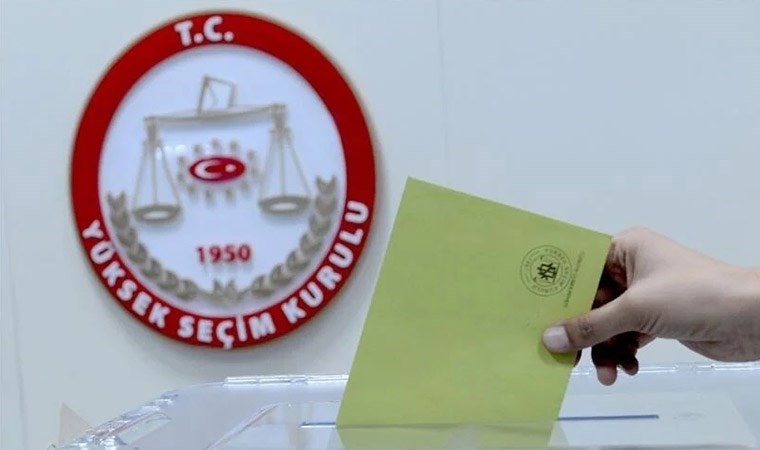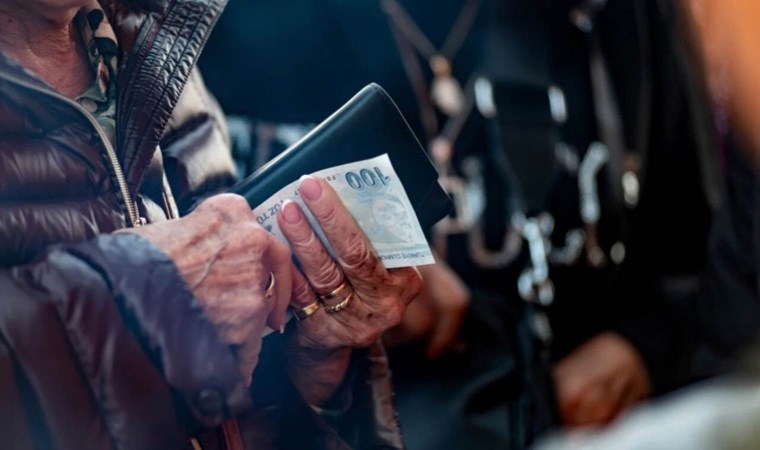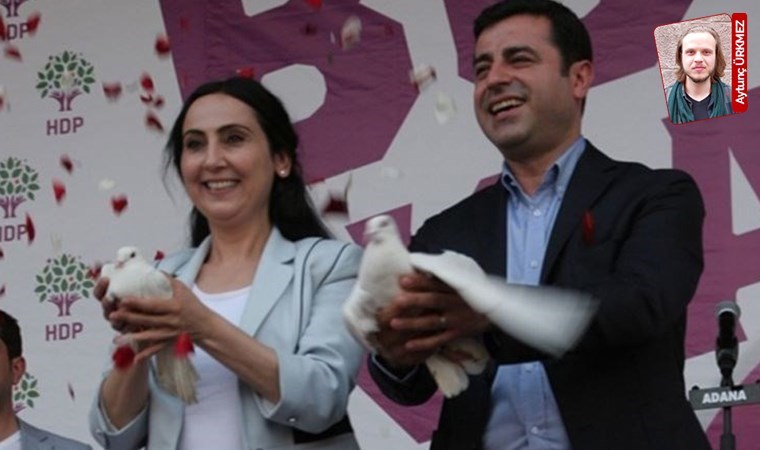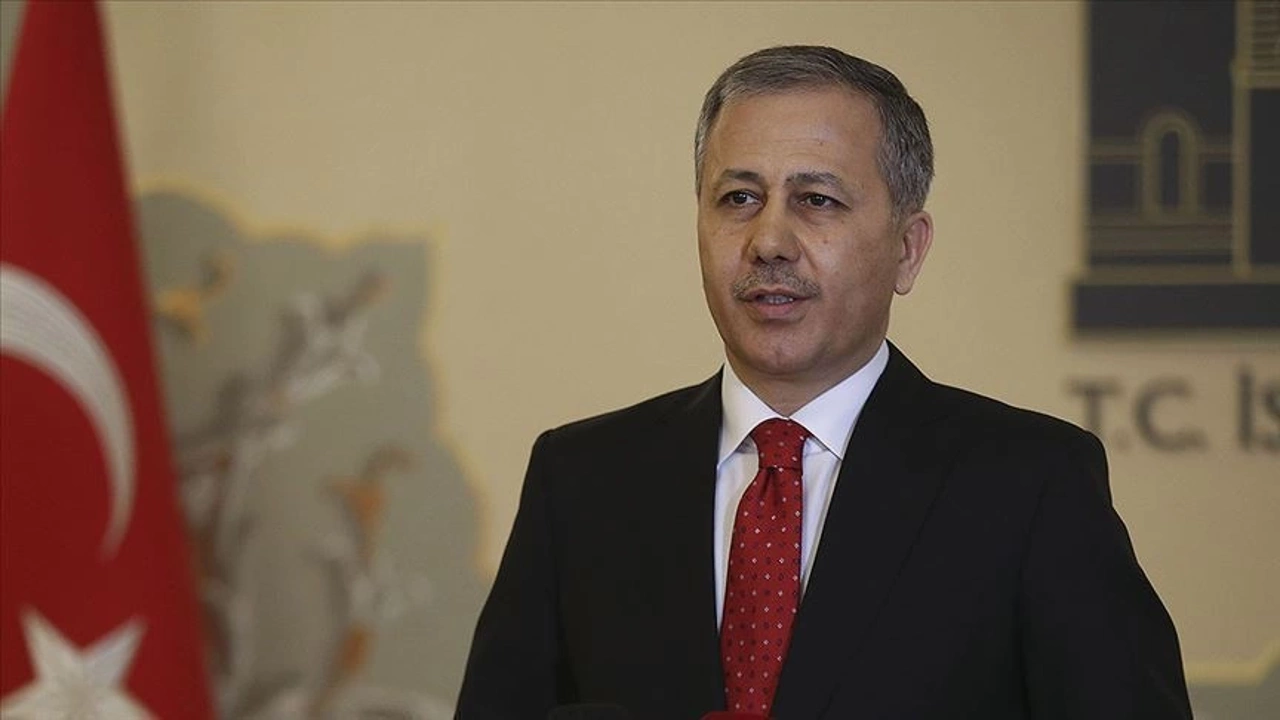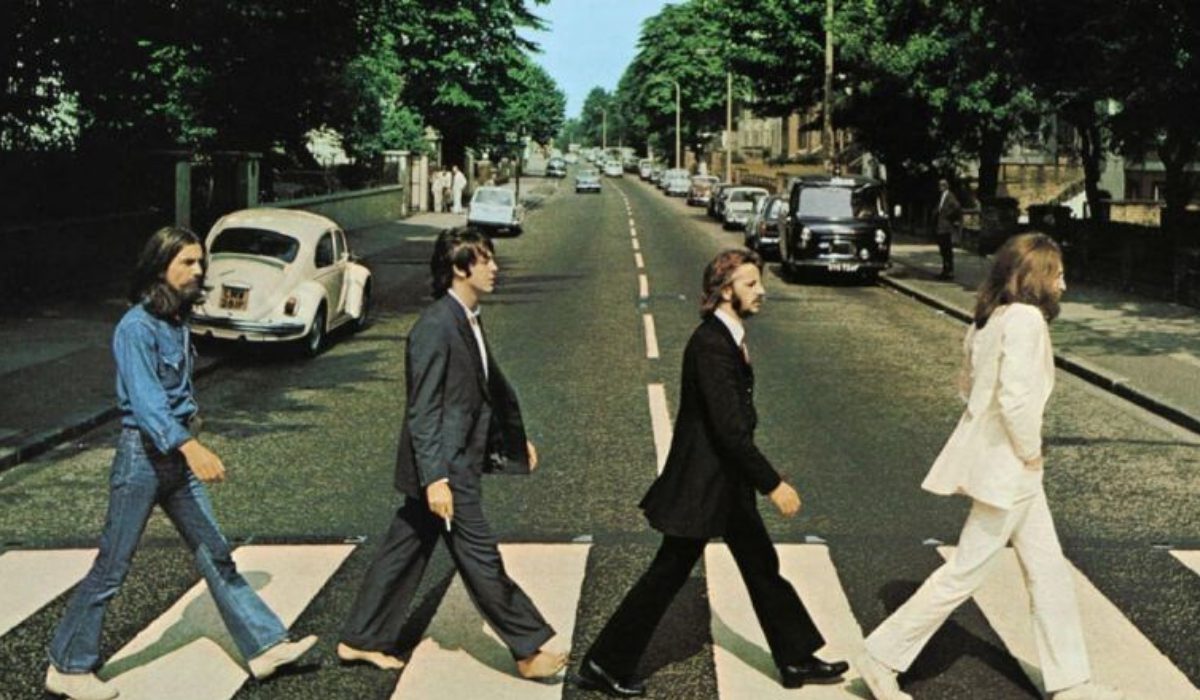Nuriye Gülmen punished then released... Semih Özakça acquitted
Judgment has been passed in the trial of Nuriye Gülmen and Semih Özakça, who have been on hunger strike for 269 days in a bid to return to their jobs. With Gülmen, who has not been brought to the hearings thus denying her the opportunity to make a defence, sentenced to six years and three months’ imprisonment for “membership of a terrorist organisation,” her release was ordered. As to teachers

The first photo of Nuriye Gülmen in 193 days
The Yüksel resisters awaited Gülmen, who left hospital accompanied by her sister Beyza Gülmen, in front of her home. With Gülmen seemingly in good spirits as she got out of the ambulance, her first words were, “I can’t believe that I am seeing you.” Semih and Esra Özakça greeted Gülmen in the room they had got ready for her.
Judgment was passed at the sixth hearing yesterday in the trial of educators Nuriye Gülmen
and Semih Özakça, who have been on hunger strike for 269 days in a bid to return to their
jobs from which they were sacked under a decree with the force of law. The court sentenced
Nuriye Gülmen, who has been in detention for 193 days and who has not even once been
brought before the court thus denying her the opportunity to make a defence, to six years and
three months’ imprisonment for “membership of a terrorist organisation”. As part of the
ruling, Gülmen’s release was ordered. As to teachers Semih Özakça and Acun Karadağ, they
were acquitted on all counts in the ruling.
Özakça had been released on 20 October having spent 150 days in detention.
The ruling hearing of the trial in which educators Gülmen and Özakça and teacher Karadağ
stood charged of “organisation membership, making its propaganda and resistance to law
number 2911” was held within the Sincan Prison Complex. Gülmen was once again not
brought to the hearing being heard by Ankara Serious Crime Court No 19 on health grounds.
Defence via a faulty system
Gülmen, who was connected to the court via video link from the convict ward at Numune
Hospital, constantly indicated as the hearing progressed that she could not hear the audio
transmission and did not understand what was being said. At this, speakers had to repeat what
they had said. During Gülmen’s final defence, she was also interrupted by the presiding judge
due to audio problems and asked to repeat things that had not been understood. On one
occasion, with problems in both the video and audio transmission proving insurmountable, a
ten-minute recess was held in the hearing. The official at Numune said, “The signal is
sometimes being interrupted.” Gülmen had stated that she wished to be brought to the court
for all hearings and reply to the charges looking the bench in the face.
Saçılık: I proposed the hunger strike
Sociologist Veli Saçılık, who had supported Gülmen and Özakça’s protest in Yüksel Street
and who himself had been expelled, was heard as a witness. Saçılık, indicating that he
himself had been expelled on 22 November 2016 and had participated in the Yüksel Street
protests as of 24 November, remarked as follows: “There was no protest after we had been
expelled. We needed to make our voices heard. The AKP provincial chair said, ‘Let them eat
the roots of trees.’ I found this very hard to take. I thought that we needed to stage a protest.
Holding a hunger strike was my idea first. Now, we have kept the protest going for 388 days.
We have a beating dished up to us every day. But, we will without fail return to our jobs.”
The prosecutor was invited to address the court and, reiterating his previous opinion, sought
Gülmen’s release on the grounds that there was no risk of tampering with the evidence or
flight and there was no evidence left to gather in the case.
“The time has not yet come for my final word”
The court bench, noting that they would pass judgment, asked the defendants for their final
words. Karadağ, addressing the court, said that he had yet to mount his defence and the court
would be passing judgment without defence having been submitted. Karadağ, recounting a
moment he had experienced in Yüksel Street, said, “I always tell my pupils that if you try to
turn the world into heaven you will go to heaven, and if you try to turn it into hell that is
where you will go. For me, hell is a troubled conscience. I now tell you that, if you accept a
troubled conscience as the price to pay, you will rule as wished for by those in power.
However, if you accept burning in hell as the price to pay and rule as wished for by those in
power, we do not forgive you for your transgressions.” Özakça, in turn, said, “I have a final
word but the time has not yet come for it. You will pronounce the final word, anyway.” For
her part, Gülmen’s final words were, “Down with fascism and imperialism. Long live our
hunger strike. Long live our Yüksel resistance.”
Sentenced without seeing the court’s face
The court announced its decision following a recess. The presiding judge, reading the
decision, announced that Gülmen was being sentenced to six years and three months’
imprisonment for “membership of an armed terrorist organisation.” Gülmen was released on
the grounds of “the time spent in detention and the magnitude of the punishment.” In
response to the release decision, Gülmen and the lawyers at her side hugged one another in
joy. The convicted Gülmen had been handed down a sentence without even once being
brought before the court and without having been able to present a defence. The release
conditions applying to Semih Özakça and Acun Karadağ, who were acquitted on all counts,
were also lifted.
NURİYE GÜLMEN: THE RULERSHIP’S VERDICT
Nuriye Gülmen, who was connected via video link to yesterday’s hearing, noted that she had
yet to submit her defence and she could not understand the court asking her for her statement
in reaction to the prosecutor’s opinion despite this. Gülmen, recalling that she had previously
expressed her wish to come to the court and present her defence stated that the hospital had
said, “Let Nuriye Gülmen give an authorisation letter that she will go having assumed all
risks, even death.” Gülmen said the following: “This was the solution the court resorted to.
Let Nuriye risk death to come here and make her defence like this. They wanted this kind of
petition from me. The responsibility for my being here does not rest with me. I was being
kept here forcibly. I am aware of the harm that the hunger strike has done to my body. My
body is wasting away to shreds every day. Today is the 268 th day. I witness this every day.
When it is imposed on somebody, I do not feel inclined to write it out. The doctors said if I
didn’t put it in writing I couldn’t go. In the end, I gave it some thought and consented so as to
go. But, the doctors once more issued a report denying me permission to go. I was prepared
to come there having assumed the risk of death. I assumed all responsibility. But, I was
nevertheless unable to come.”
Gülmen, criticising the conditions under which she was held, indicated that she was unable to
sleep due to the lights being on for 24 hours and the negative impact this had on her body was
more severe. Gülmen, recalling that the court did not release her on the grounds of strong
suspicion of guilt, said, “The hunger strike is being staged at the organisation’s instruction.
How am I supposed to have received the organisation’s instruction? Set out that hierarchy. Is
there any such thing? Is there any concrete truth? There is no such thing. So, come out with it
at the outset and tell us to our faces that we are guilty. There was no witness testimony at the
first two hearings. So, what was there in the file to keep us in detention? The bench is in a
hurry. It wants to pass judgment. A judgment is to be passed but it is not a judgment at the
behest of this court. This is a judgment at the behest of the rulership.”
SEMİH ÖZAKÇA: For my job, for my livelihood, for you
Semih Özakça was permitted to address the court at the hearing to submit his defence on the
merits. Özakça, speaking from the wheelchair in which he was seated, stating that the court
was trying to pass hasty judgment, asked, “Will justice by served by rendering a judgment so
speedily and getting rid of us so speedily?” Özakça, pointing out that the prosecutor had
sought his punishment for “aiding while not being a member,” asked, “Where is the proof of
this?” Özakça, recalling that AKP spokesperson Mahir Ünal had said that Reza Zarrab was
capable of saying anything and had cast aspersions to secure his release, commented, “I am
not obliged to prove my innocence. You are obliged to prove that I am guilty. Aiding and
abetting means giving money or giving shelter at home. How can aiding and abetting take
place through a hunger strike?”
The instruction was from my pupils
Semih Özakça described how at the time he was suspended and expelled he was in Mardin’s
Mazıdağı sub-province where he was serving and underwent a breakdown during this process
and achieved nothing by waiting. Özakça, asking, “What were the reasons for this protest
lasting so long?” said that this was not at the instruction of an organisation. Özakça, stating
that their actions were legitimate, continued as follows: “We did not go on hunger strike for
120 days. My conscience and honour pushed me into this. My thought was to regain my
livelihood and reunite with my pupils. They bruised our heads and eyes in these protests.
Edemas formed on our legs. I walked arm in arm with lecturer Nuriye and the police laughed
at us. When we were arrested, the police swore at our mothers. We were not treated
humanely. Seek the reasons for the hunger strike there. Our honour was slighted. Do not seek
an organisation’s instructions here and there. So, seek the instruction in our aching bodies and
our broken noses and legs. I promised my weeping pupils. I said I would come and return
once more. I took the instruction from my pupils. I would resist and win. Our families went to
speak with government officials. Had a step been taken at that time, there would have been
no such thing as a hunger strike.” Özakça, pointing to his wish to address his pupils, said, “I
am resisting for my job, for my livelihood, for you.”
ACUN KARADAĞ: A weapon was pointed at our foreheads
The non-detained defendant Acun Karadağ, whose release the prosecutor sought, said he had
watched this court with horror. Karadağ, saying he had witnessed a court that turned
everything he had taught in his twenty years as a teacher on its head, commented, “Two
people have been on hunger strike for 268 days. There is no place in consciences and the law
for one of them being released and the other persistently not being released. We are totally
vindicated in this action we have conducted for 388 days. We were expelled and torn away
from our students without any investigation having been conducted into us. It was expected
that we in return would take it lying down without doing anything and without raising our
voices and stay submissively silent in the face of the decision taken by our holy state over us.
If you had suffered such a thing, would you feel the need for somebody to impel you? Would
your honour not feel the least bit slighted? Would you await an organisation to give you an
instruction? We made sacrifices to get those jobs.” Karadağ called out to the bench, “The
court must say that it ruled in line with justice. Pass a ruling such that we can tell this to the
outside world. If you do not pass a conscientious judgment, pass a just and lawful judgment.
And do not stand judged in the conscience of society as a whole.” These words of Karadağ
were applauded by the spectators.

En Çok Okunan Haberler
-
 YSK 'Hatay' ve 'Ordu' için kararını verdi
YSK 'Hatay' ve 'Ordu' için kararını verdi
-
 Belediye binasında gizli kamera ve böcek skandalı
Belediye binasında gizli kamera ve böcek skandalı
-
 'Restoranlara gitmeyelim'
'Restoranlara gitmeyelim'
-
 CHP’li yeni başkandan ‘saray medyası’na kötü haber
CHP’li yeni başkandan ‘saray medyası’na kötü haber
-
 ‘B.kunu çıkardılar ama’
‘B.kunu çıkardılar ama’
-
 Erdoğan’dan özür diledi
Erdoğan’dan özür diledi
-
 Kira, doğalgaz, elektrik... 'Emekli kart' mı geliyor?
Kira, doğalgaz, elektrik... 'Emekli kart' mı geliyor?
-
 'Bu ifade açıkça talimattır'
'Bu ifade açıkça talimattır'
-
 Uğur Dündar’dan art arda ‘babalık’ açıklaması!
Uğur Dündar’dan art arda ‘babalık’ açıklaması!
-
 Mahkemeden tahliye çıkmadı
Mahkemeden tahliye çıkmadı
